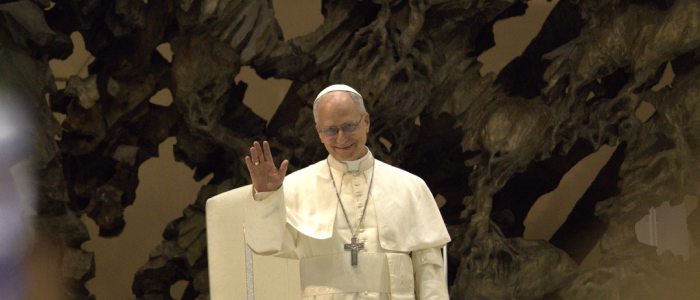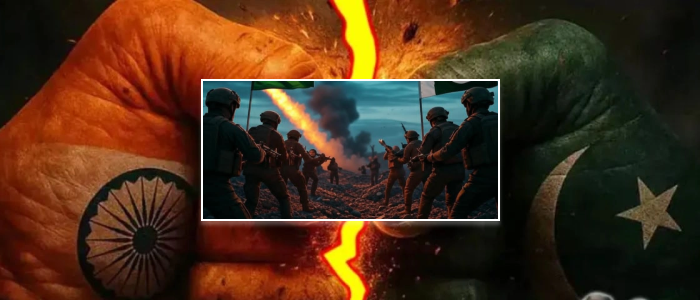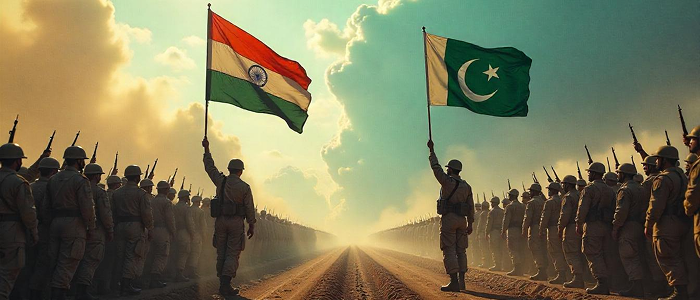Shifting Attitudes and Political Impact
Poland hosts at least 2.5 million Ukrainians, nearly 7% of its population. When Russia's full-scale invasion began in February 2022, Polish citizens responded with widespread compassion. Many welcomed refugees into their homes, provided food, and donated supplies.
Three years later, public support is shifting. Anti-Ukrainian abuse, once limited to online spaces, is increasingly appearing in daily life, including in shops and hotels. Many refugees remain traumatized, with relatives fighting in the war, missing, or killed. These vulnerable individuals are now becoming targets.
Surveys show this change in perception. A March 2025 poll found that only 50% of Poles support accepting Ukrainian refugees—down from 81% two years ago. Since the invasion, around one million Ukrainians have officially registered in Poland. The country allocates 4.2% of its GDP to support them.
The issue has become a central topic in Poland's presidential race. Far-right candidate Slawomir Mentzen, currently in third place, opposes Ukrainian refugees and supports an agreement with Russia. Conservative candidate Karol Nawrocki, who is polling second, does not support Ukraine's EU or NATO membership or further aid but backs the war effort.
Leading the race is Rafal Trzaskowski, who represents the current government. Though seen as the most pro-Ukraine candidate, even he proposes reducing social aid to Ukrainians and has avoided discussing the topic to appeal to centrist voters.
Rise in Disinformation and Russian Influence
Incidents involving political figures have added to the tension. One far-right candidate, Grzegorz Braun, is being investigated for tearing down a Ukrainian flag during an April campaign event. Braun, who polls at 3%, is vocal in opposing what he describes as the "Ukrainisation of Poland."
Authorities have also warned about efforts by Russia to interfere in the elections through misinformation campaigns targeting Ukrainian refugees. Social media has seen a rise in translated anti-Ukraine content originally posted in Russian, spreading false claims that Ukrainians are stealing public funds, disrespecting locals, or responsible for violence.
This wave of misinformation is believed to be fueling growing resentment. Experts suggest that such narratives are influencing public opinion, but the full impact will likely become clearer after the election, when voter support for pro-Russian candidates can be assessed.
Stay informed with Newsbuck – your go-to source for global news, trends, and updates across tech, health, politics, and more. Trusted stories, delivered fresh. Explore more on Newsbuck!















